
Аннотация
Pegging his narrative to three ideas--the soul, Europe, and experiment--Watson surveys intellectual history for a popular audience. Departing from the earliest indications of abstract thought--tools fashioned by ancestral human species--Watson highlights the crucial efflorescence of artwork 30,000 years ago, followed by the agriculture revolution. Watson then assesses classical Greece as the crucial incubator of ideas, incomparable to any other situation in history. This is the origin of his inclusion of "Europe" as one of his three organizers of a massive sweep of material: while Watson covers the important intellectual influences emanating from Islam, India, and China, he maintains Europe is where the cogitational action has been. Eurocentrism has been a field of fierce academic contests, traces of which bubble up in Watson's consideration of the main phases of Western thought. Judaism, Christianity, the Renaissance and Reformation, the scientific revolution, and the Enlightenment--Watson enfolds changing conceptions of the objective, material world, and of the subjective world of the human psyche in a confident, accessible presentation



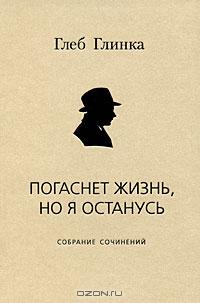
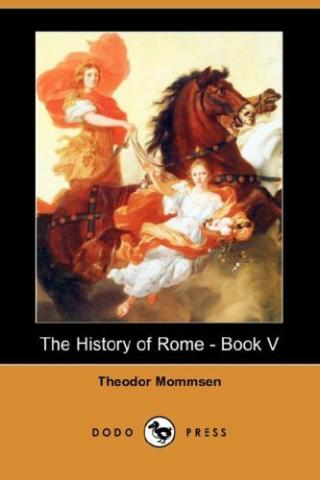
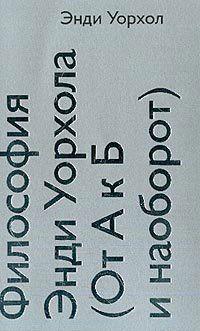
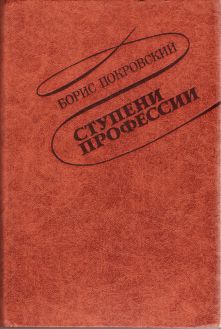
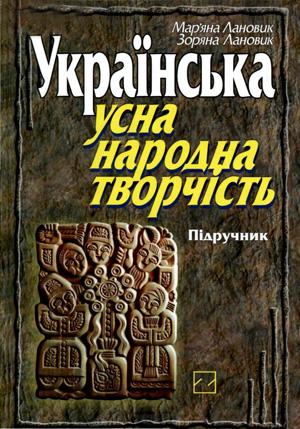
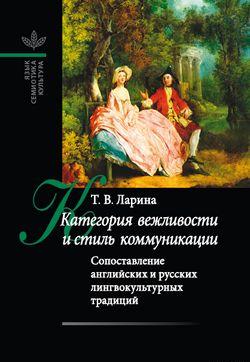
![Задолго до того, как люди пошли войной на людей, боги уже сражались между собой. Именно Войны Богов предшествовали войнам людей. Часто в битвах небо жители... Войны богов и людей [с иллюстрациями]](https://www.rulit.me/data/programs/images/vojny-bogov-i-lyudej-s-illyustraciyami_154761.jpg)


Комментарии к книге "Ideas: A History of Thought and Invention, from Fire to Freud"